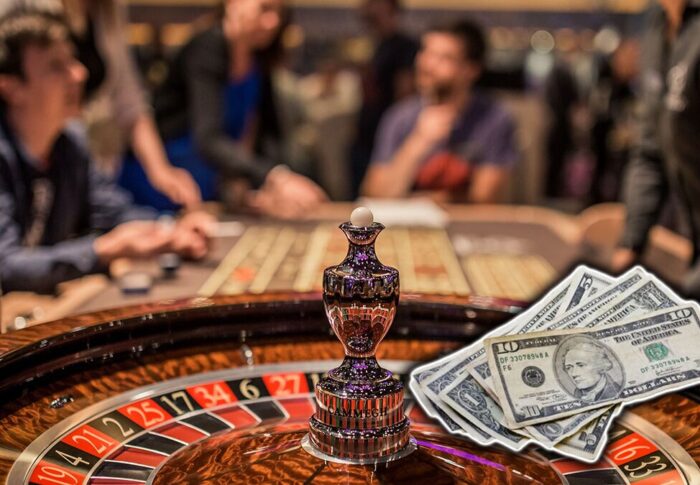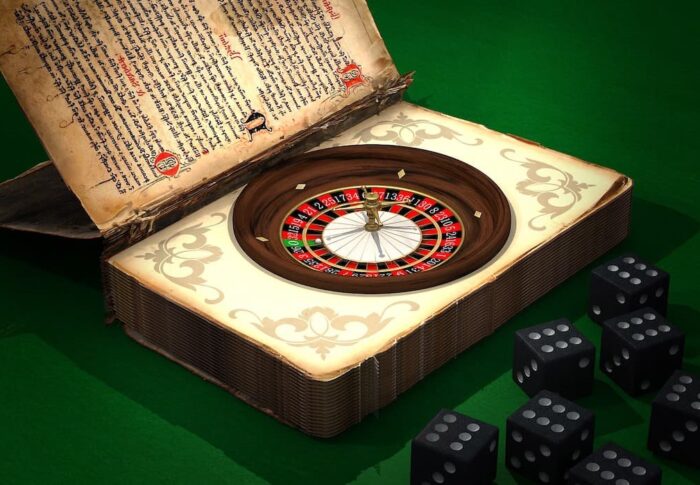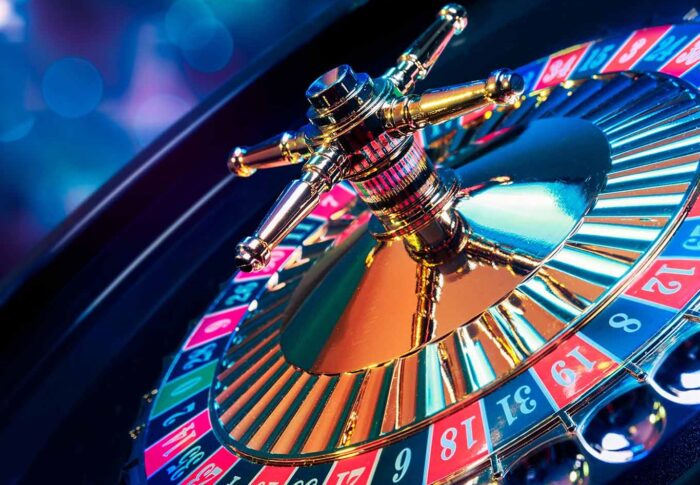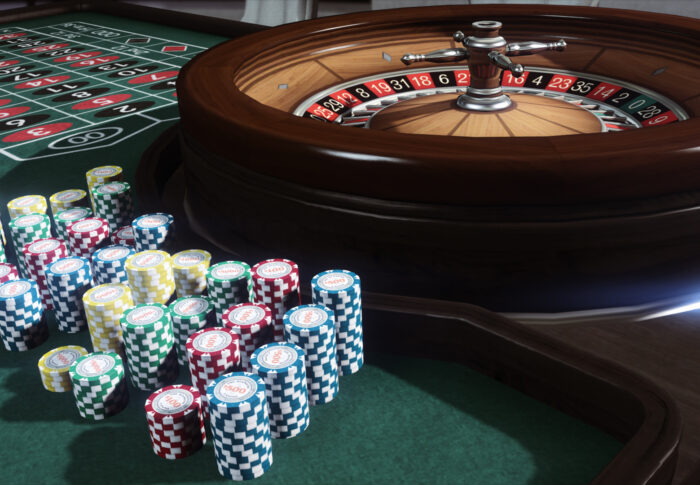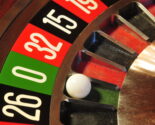
Breaking the Wheel: Debunking Common Roulette Myths
In the domain of casino plot, few evoke the unchanging blend of excitement and intrigue as game depending on luck. The spinning wheel, the bouncing globe, and the anticipation of each pocket’s circumstance create a attracting experience. Yet, among the allure of the game, a web of illusions and misconceptions has spun itself into the fabric of game depending on luck lore. It’s time to clothe your myth-busting headgear and navigate the countryside of truth as we ridicule some of ultimate common game depending on luck myths.
Myth 1: The Gambler’s Fallacy
The Gambler’s Fallacy, a intelligent bias that assumes past effects influence future events, is a frequent visitor at the game depending on luck table. Players may trust that if a black number performs multiple opportunities, a red number is on account of follow. However, each spin is free of the others, and the wheel has no thought. The fallacy lies in ascribing patterns to random occurrences, leading to ill-conversant bets based on seen sequences.
Myth 2: Hot and Cold Numbers
Roulette myths frequently revolve around the idea of hot and cold numbers – those that have currently appeared frequently or seldom. While it’s true that sure numbers may appear to dominate in the temporary, this is the result of randomness. The wheel’s pockets have no thought, and the probability of some number appearing remnants consistent in the end.
Myth 3: Biased Wheels
The idea of a biased wheel of chance favoring particular numbers due to flaws or wear and tear grant permission sound intriguing. However, up-to-date casino supplies undergoes severe testing to ensure justice. Any mechanical biases that can have existed earlier are mitigated by state-of-the-art manufacturing and control of product quality processes. Today’s roulette wheels are created to provide a really random outcome.
Myth 4: Betting Systems Guarantee Wins
Countless gambling systems claim to guarantee agreeing wins in roulette, but these claims frequently crumble under investigation. Strategies like the Martingale involve growing bets after misfortunes, theoretically recouping misfortunes with a alone win. While these strategies can yield short-term gains, they accomplish substantial risks, containing potential table limits and extended futile streaks. The unpredictability of game depending on luck cannot be tamed by of highest quality-size-fits-all gambling system.
Myth 5: The “Due” Number
The idea that a certain number is “due” to appear is a determined myth that stems from the Gambler’s Fallacy. Each spin is an free event accompanying its own set of advantage. The concept of any being due is an emotional reaction that contradicts the standard of probability. Whether a number has came into view frequently a suggestion of correction, its advantage of appearing on the next spin wait unchanged.
Myth 6: Dealers Can Control Outcomes
The plan that skilled dealers can maneuver the wheel’s outcome is a classic game depending on luck myth. In reality, modern casinos engage strict contracts to ensure fairness. Dealers follow patterned procedures, and the wheel’s spin is compelled by physics, not personal guidance. The outcome of each spin is the result of open forces, not a dealer’s determined.

Myth 7: Betting Patterns Alter Outcomes
The myth that specific gambling patterns can influence the outcome of game depending on luck is a testament to the human desire for control. Players can develop complex gambling patterns to “guide” the ball to their asked pocket. However, the outcome is persistent solely for one physics of the wheel’s spin and the ball’s bounce. Betting patterns have no impact on the things produced.
Myth 8: Lucky Charms and Rituals
From blowing on the cubes to tapping the table, performers often undertake superstitious conducts at the roulette table. While these ceremonies may offer intellectual comfort, they have no influence on the game’s outcome. Roulette’s unpredictability is compelled by mathematical probabilities, not fortunate charms or rituals.
Myth 9: Strategies Beat delegation of representatives Edge
Roulette carries a included house edge, guaranteeing that the casino has a mathematical advantage over opportunity. While strategies can improve your odds and potentially bring about short-term wins, they do not remove the inherent building edge. Players should approach game depending on luck strategies accompanying a clear understanding that the house forever retains a mathematical benefit.
Myth 10: The “Perfect” System Exists
The pursuit of a foolproof game depending on luck system that guarantees success is an enduring imagination. The truth is that game depending on luck is a game of chance, place the outcome is contingent upon randomness and anticipation. There is no infallible strategy that can usually overcome the game’s inherent instability.
Unveiling the Truth: Rational Play in Roulette
As you step into the world of game depending on luck, armed accompanying the knowledge of these disproved myths, you guide along route, often over water the game’s landscape accompanying a clear and rational psychology. The allure of the spinning wheel remains undamaged, but you approach the game with a recently discovered appreciation for allure mathematical bases. Roulette’s charm lies not in the illusions of belief in sign of things to come or misguided faith, but in the elegant waltz of chance that captivates hearts and minds, free from the restraints of myths and impressions.

